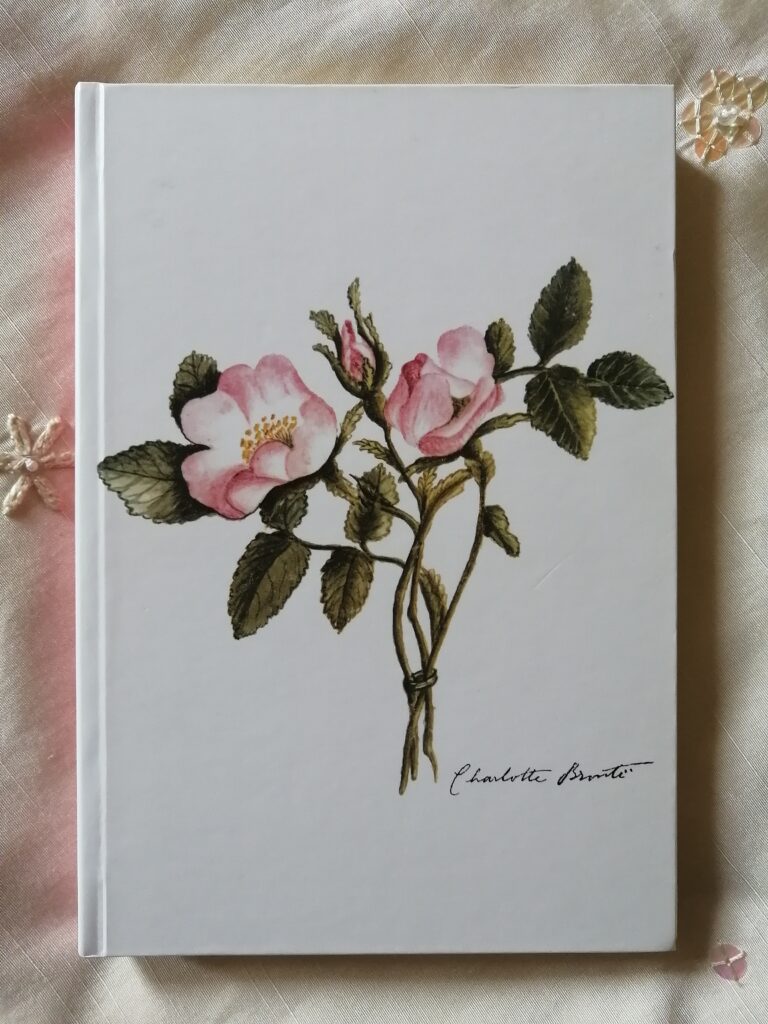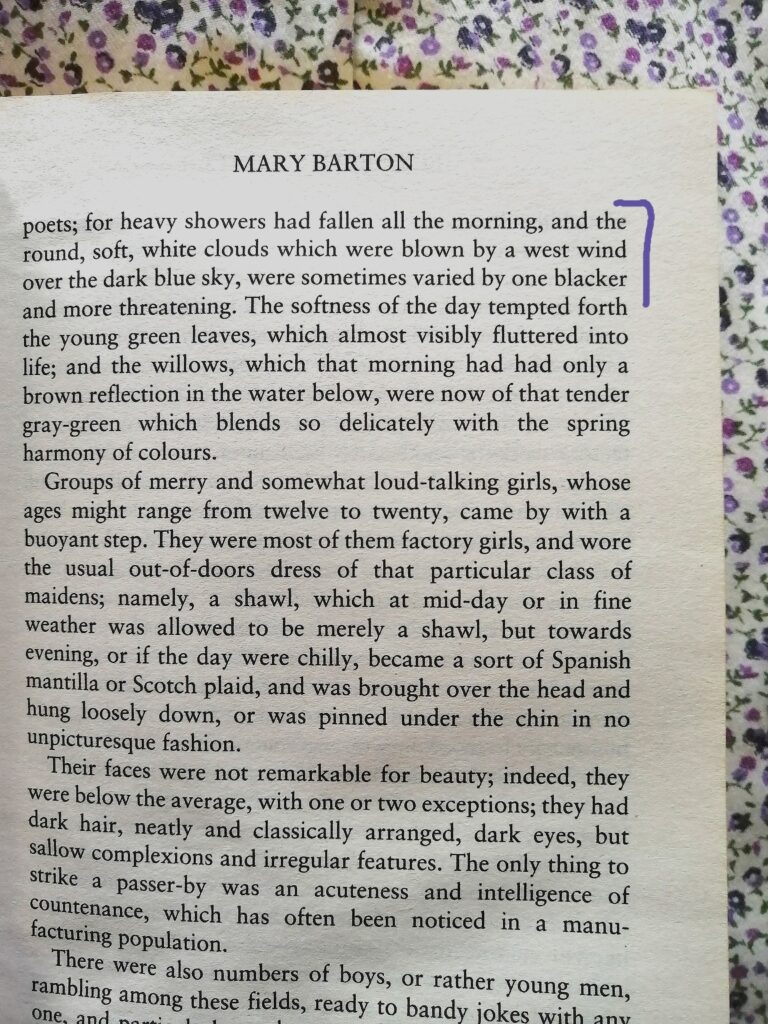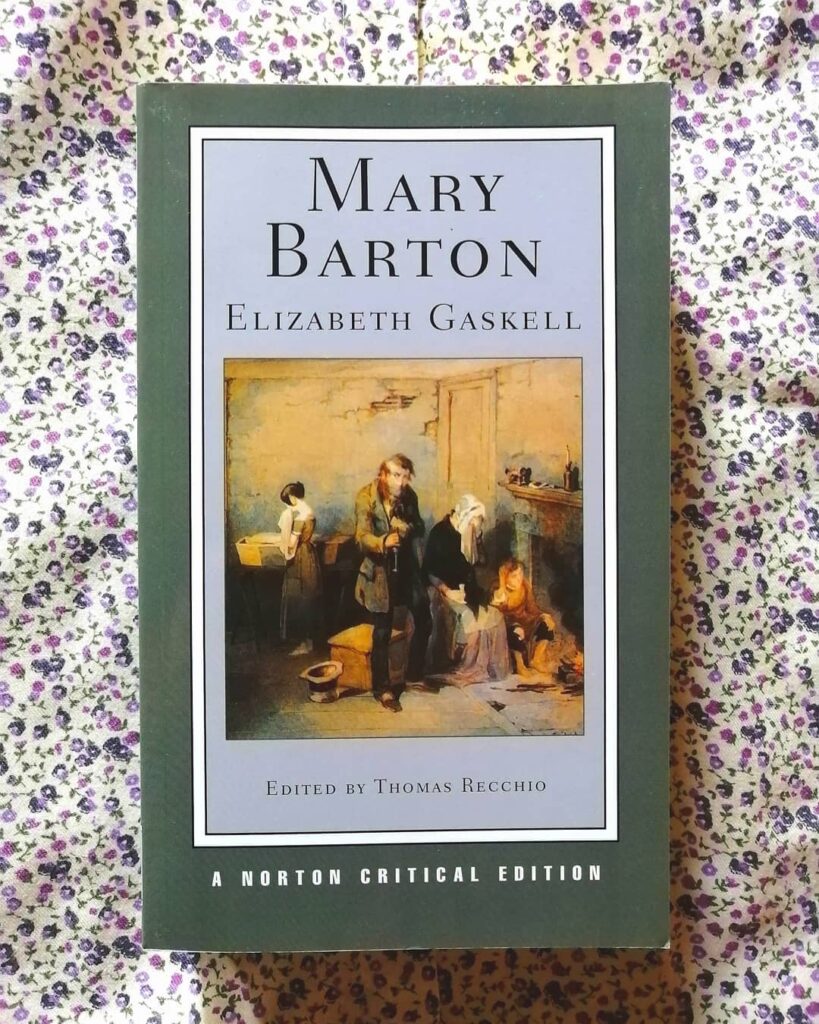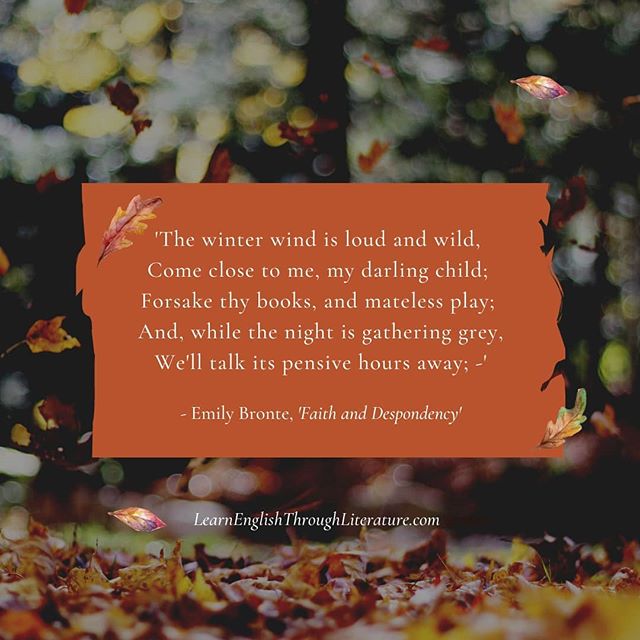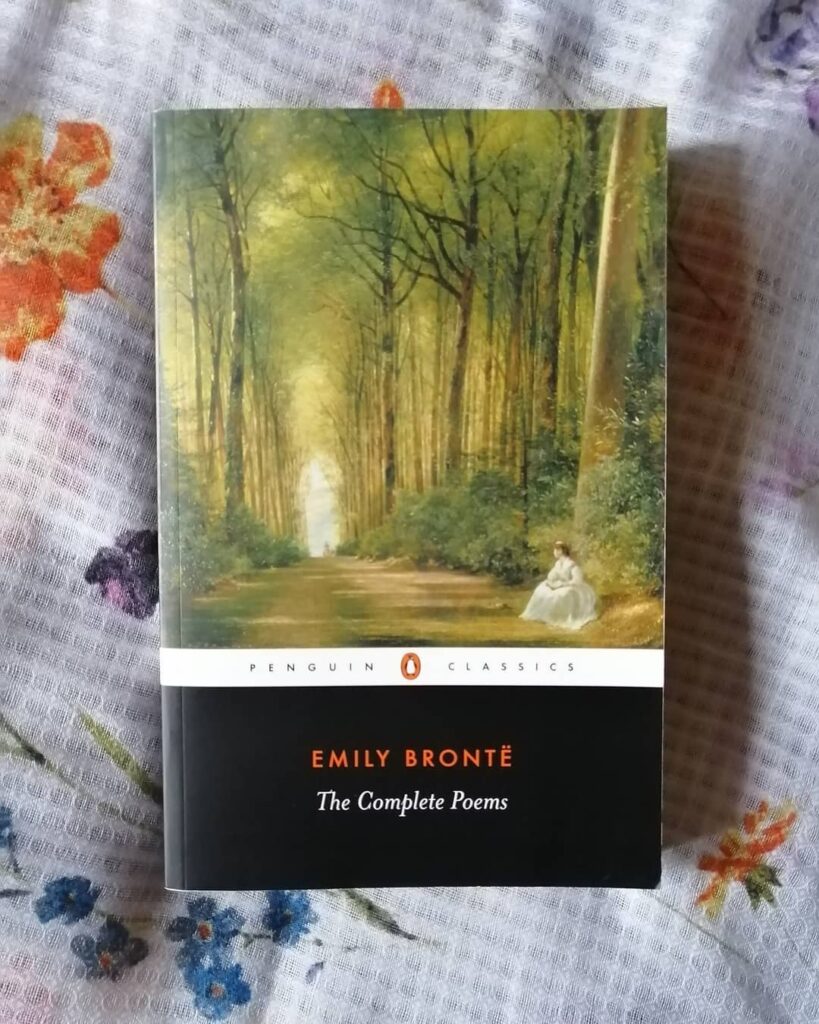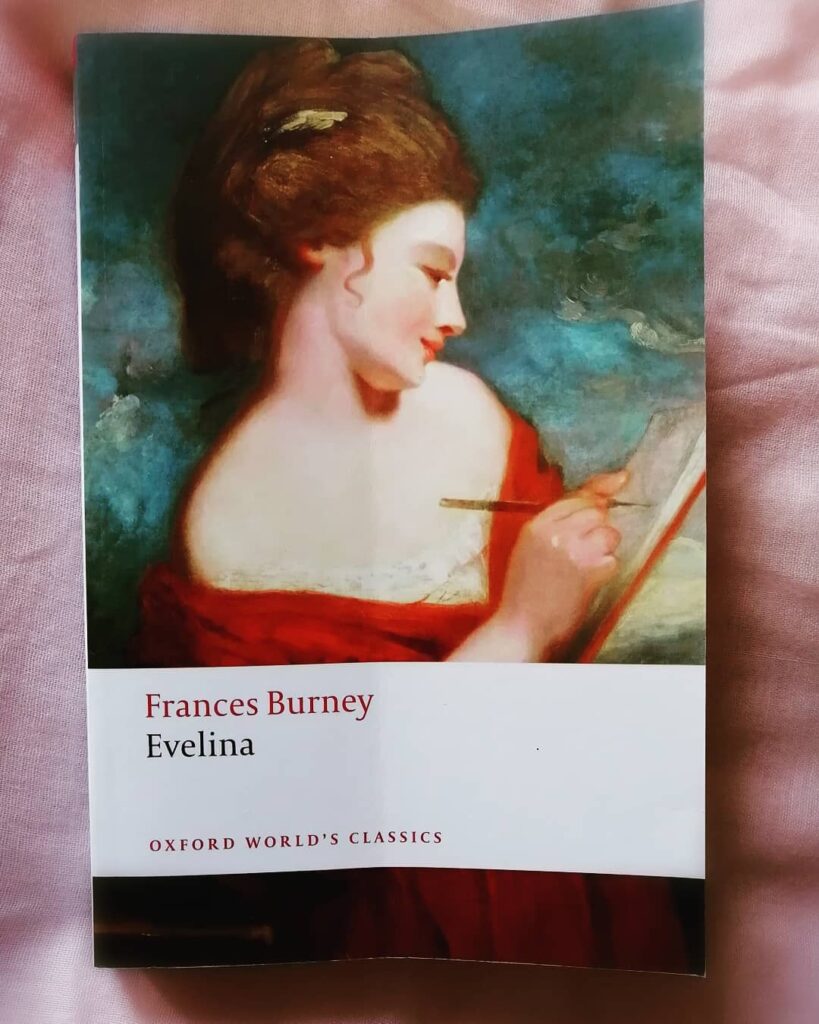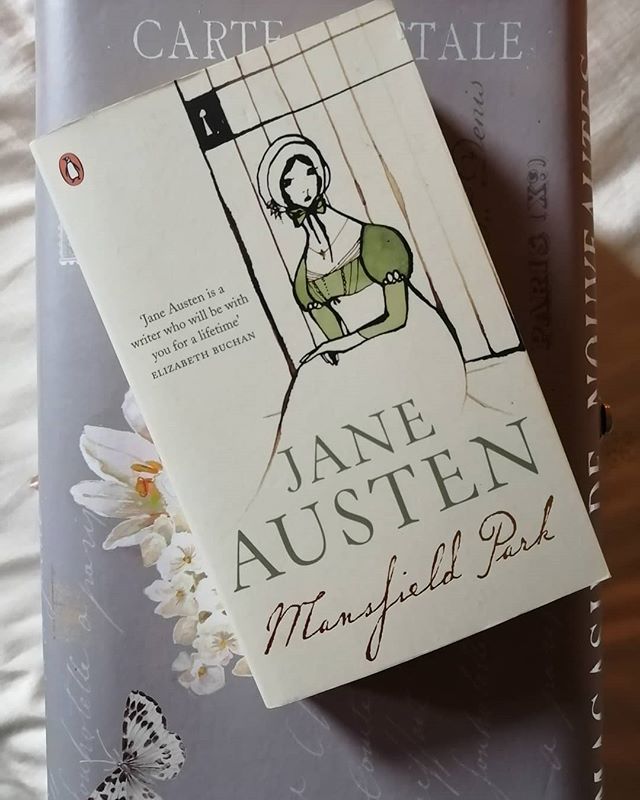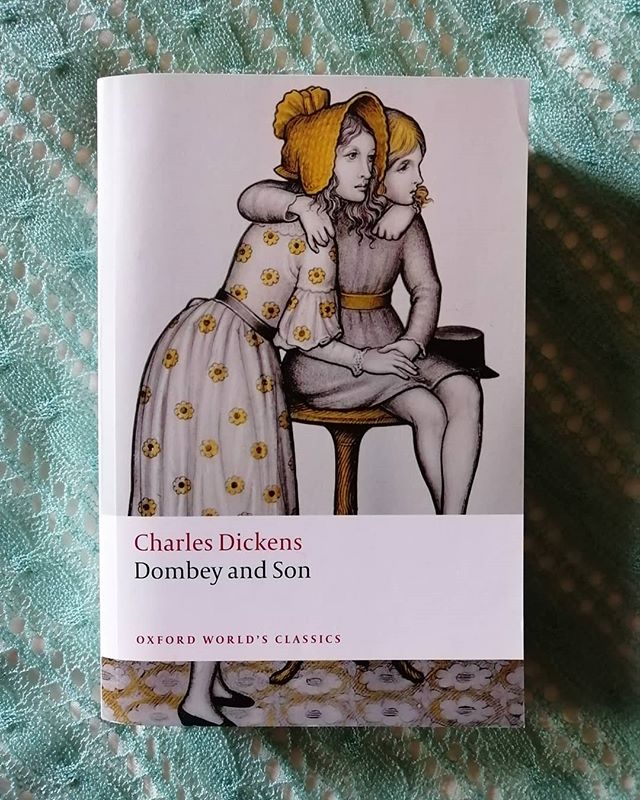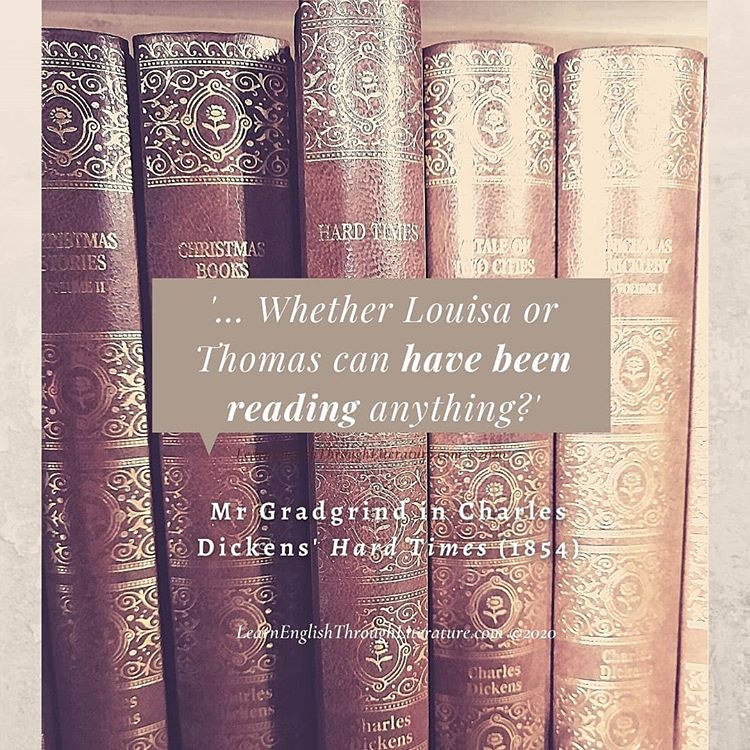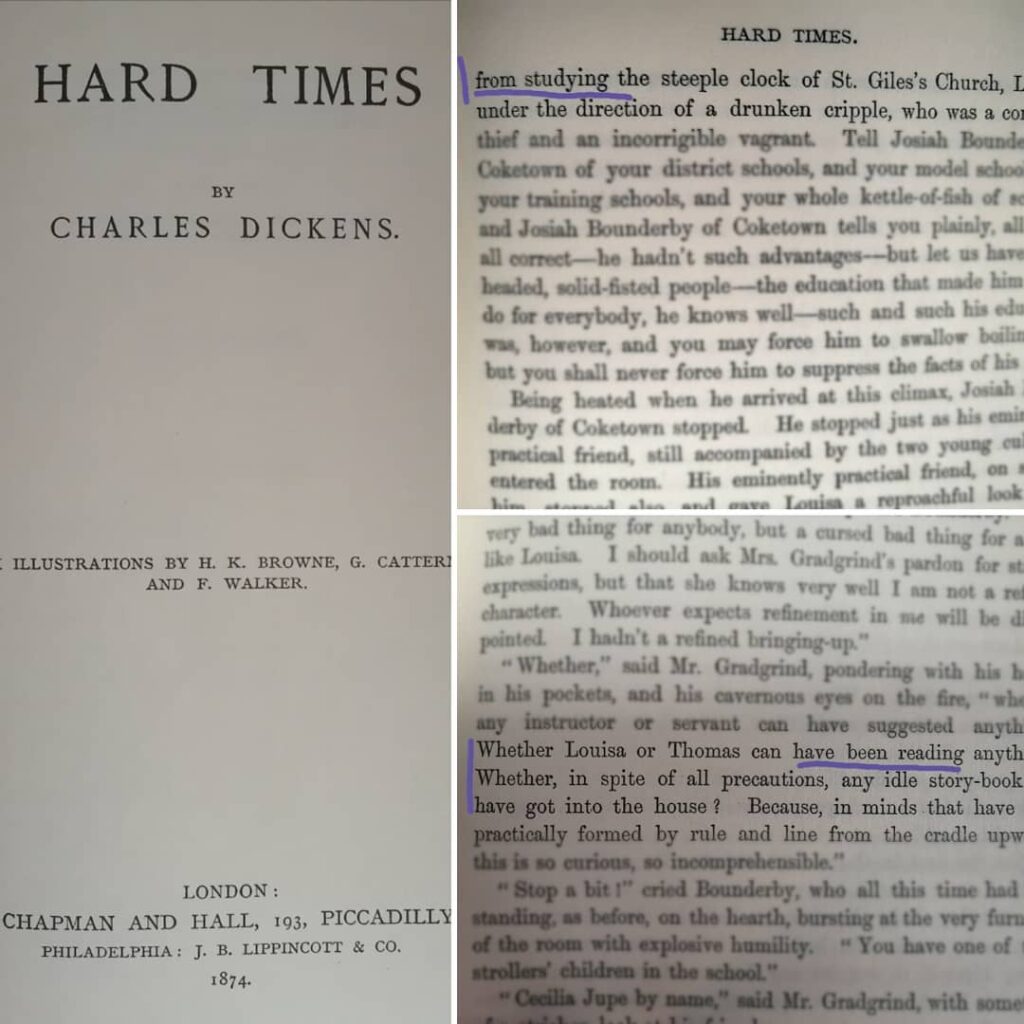Lesson #134: Improve Your Writing In English With Three Daily Exercises
Do you find it challenging to write in English, despite having invested many hours, days or even years in studying the language? This is a common challenge not only for English language learners, but also among native English speakers. Writing encompasses the combination of processes: thinking, organising, recalling the appropriate vocabulary and spelling, and considering […]
Lesson #134: Improve Your Writing In English With Three Daily Exercises Read More »

